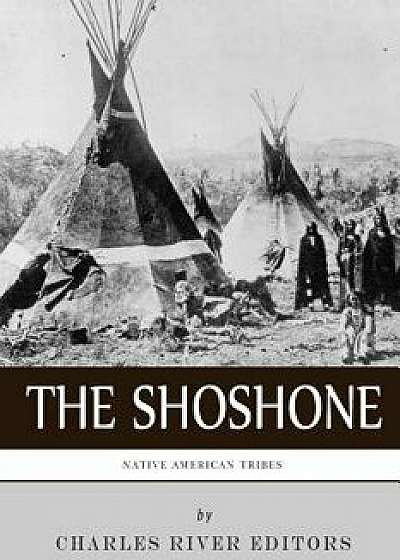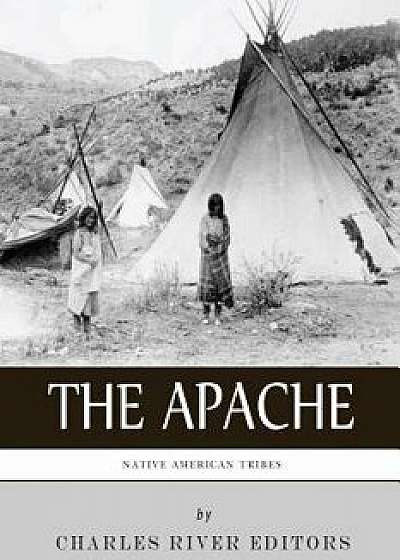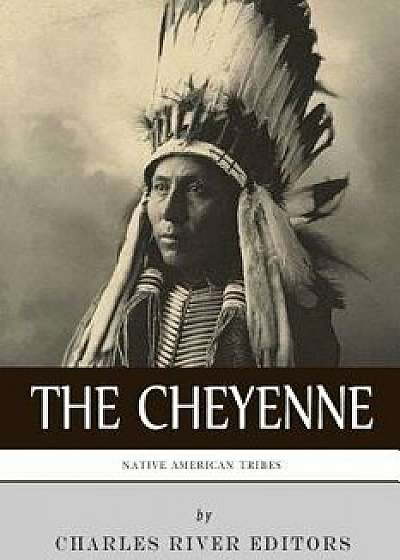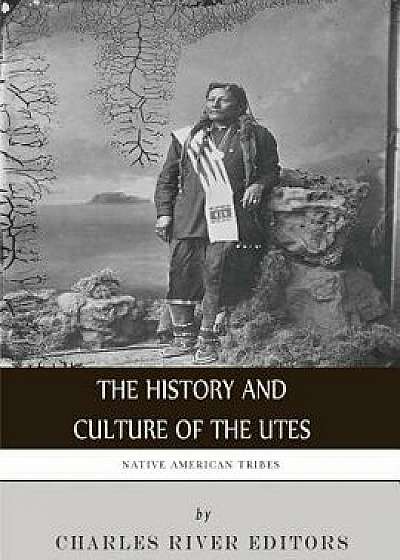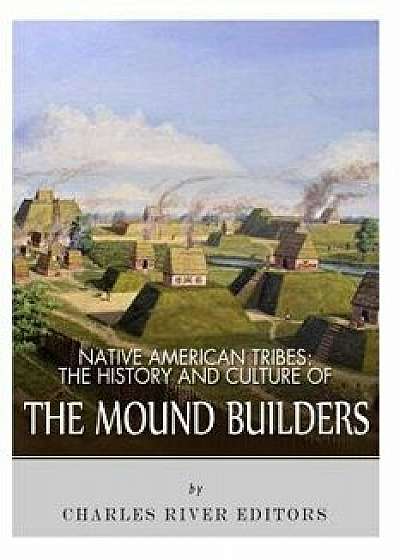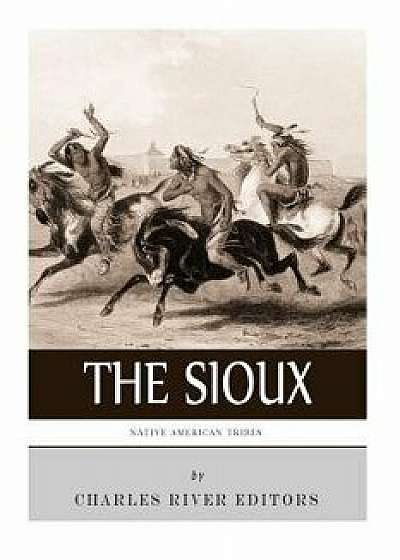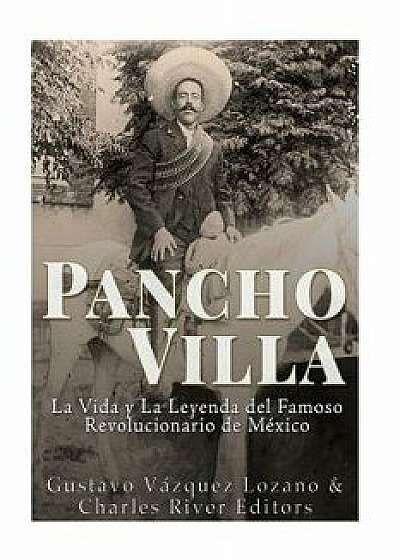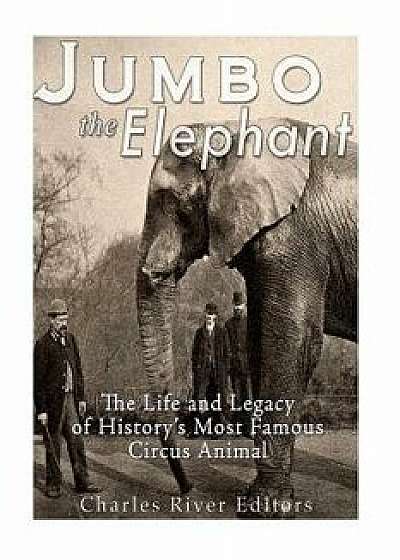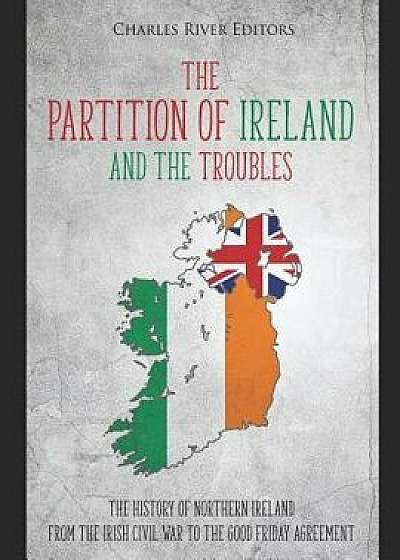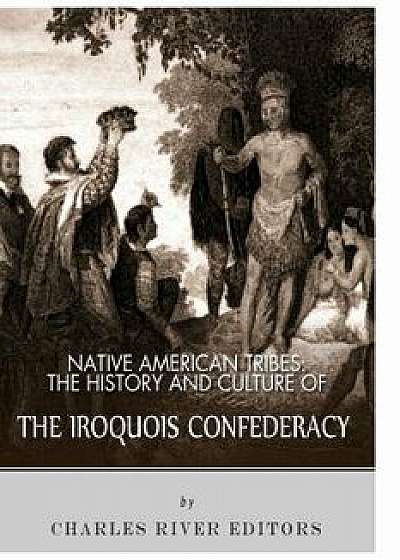
Native American Tribes: The History and Culture of the Iroquois Confederacy, Paperback/Charles River Editors
Descriere
Includes pictures depicting important Iroquois leaders and art. Includes a Bibliography for further reading. From the "Trail of Tears" to Wounded Knee and Little Bighorn, the narrative of American history is incomplete without the inclusion of the Native Americans that lived on the continent before European explorers and settlers arrived in the 16th and 17th centuries. Since the first contact between natives and settlers, tribes like the Sioux, Cherokee, and Navajo have both fascinated and perplexed outsiders with their history, language, and culture. In Charles River Editors' Native American Tribes series, readers can get caught up to speed on the history and culture of North America's most famous native tribes in the time it takes to finish a commute, while learning interesting facts long forgotten or never known. Among all the Native American tribes, the Iroquois people are some of the most well documented Native Americans in history. Indigenous to the northeast region of what is now the United States and parts of Canada, they were among some of the earliest contacts Europeans had with the native tribes. And yet they have remained a constant source of mystery. The name "Iroquois," like many Native American tribal names, is not a name the people knew themselves by, but a word applied to them by their enemies the Huron, who called them "Iroquo" (rattlesnake) as an insult. The French later added the suffix "ois." Moreover, the Iroquois are not even a single tribe but a confederation of several different tribal nations that include the Seneca, Oneida, Onondaga, Mohawk, Cayuga and the Tuscarora, who didn't become part of the union until the early 1700's. The name Haudenosaunee (pronounced "ho-den-oh-SHO-nee") is the name the people use for themselves, which translates as "the People of the Longhouse." They are also commonly known as the Six Nations. Despite their own cultural differences, the nations that comprised the Iroquois Confederacy established their political
